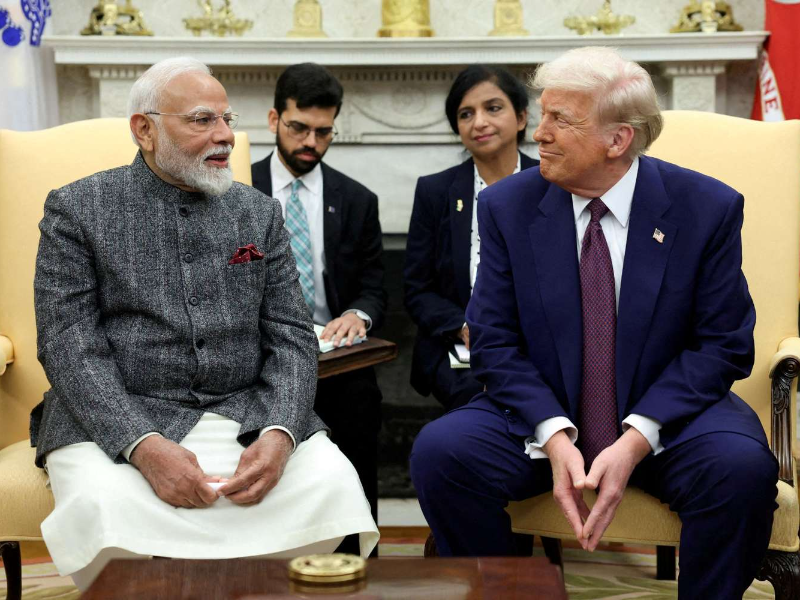ADVERTISEMENT
POP
See MoreCommunity
See MoreInderjit Singh Bindra, a multifaceted bureaucrat who built Punjab, cricket and sports
During his career as a civil servant, Inderjit Bindra held several prestigious positions, including as Deputy Commissioner of Ludhiana from 1972 to 1974 and Patiala from 1975 to 1975, during which he established a reputation for swift, legally sound decision-making and administrative efficacy.
ADVERTISEMENT
Videos
View AllOpinion
See MorePeople
See MoreWho is Varun Chandra, the newly appointed UK special envoy to U.S.?
The appointment follows US$204 billion in U.S. investment commitments and ongoing transatlantic trade talks.
ADVERTISEMENT
Entertainment
See MoreImmigration
See MoreFood
See MoreSPORTS NEWS
See MoreThe series is a warm-up ahead of the T20 World...
RCB, already assured of a playoff berth, were outplayed in...
UPW innings began on a false note as Kiran Navgire...
The BCB held talks in Dhaka at the weekend with...






























